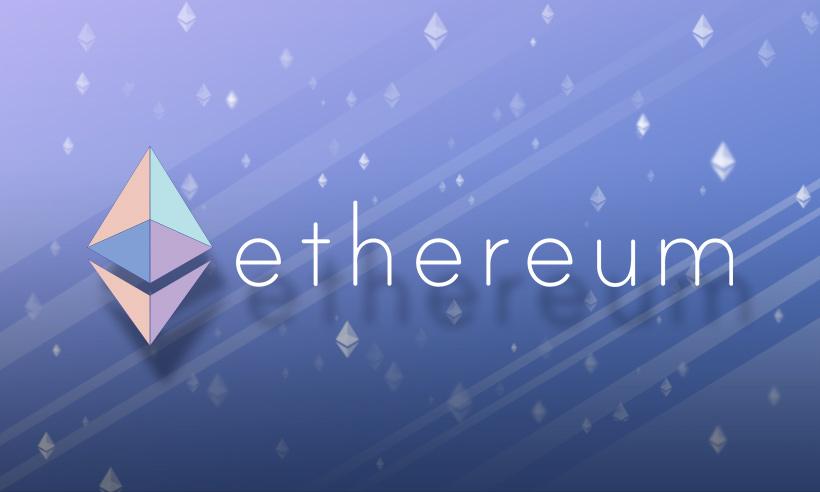Upcoming Ethereum Merge Event Raises Concerns in Crypto Community
Table of contents
The general counsel of Delphi Digital, Gabriel Shapiro, thinks that significant Ethereum validators may attempt to advocate for a policy that would enact censorship at the protocol level. They could do business per the law and escape punishment for not engaging in illicit activities. About this problem, he said,
"Can't self-help by merely avoiding facilitation of blocks containing U.S. sanctioned transactions, because under certain conditions they might be dramatically slashed from doing so."
In contrast, Discusfish, co-founder of the Ethereum and Bitcoin mining pool F2pool, claimed that Proof-of-Work (PoW) consensus assets were more equipped to withstand growing pressure than their Proof-of-Stake-based equivalents. He clarified,
"In the discussion about PoS and PoW under regulatory pressure these days, there is one key point to pay attention to: Whether the block producer can remain anonymous and package some transactions that conform to the consensus on the chain (which may contain some sensitive transactions). PoW can currently do it; PoS currently has certain difficulties because of the need to stake the assets on the chain."
Different Opinions on The Merge
The majority of people do not, however, think along these lines. Some believe that assets based on Proof-of-Stake consensuses, like Ethereum after The Merge, are better equipped to withstand a censorship attempt from governmental authorities. One of them is the company's founder and CIO, Justin Bons.
While an attack of this kind would be incredibly challenging to execute against Bitcoin and Ethereum, according to Bons, PoW-based chains would be simpler to approach than Proof-of-Stake assets due to their complexity and requirement for physical presence.
According to Bons, authorities are not now seeking to harm cryptocurrencies and that "a rational middle ground must be established which protects the credible neutrality of blockchains, assuring protection for individuals and compliance for corporations."

